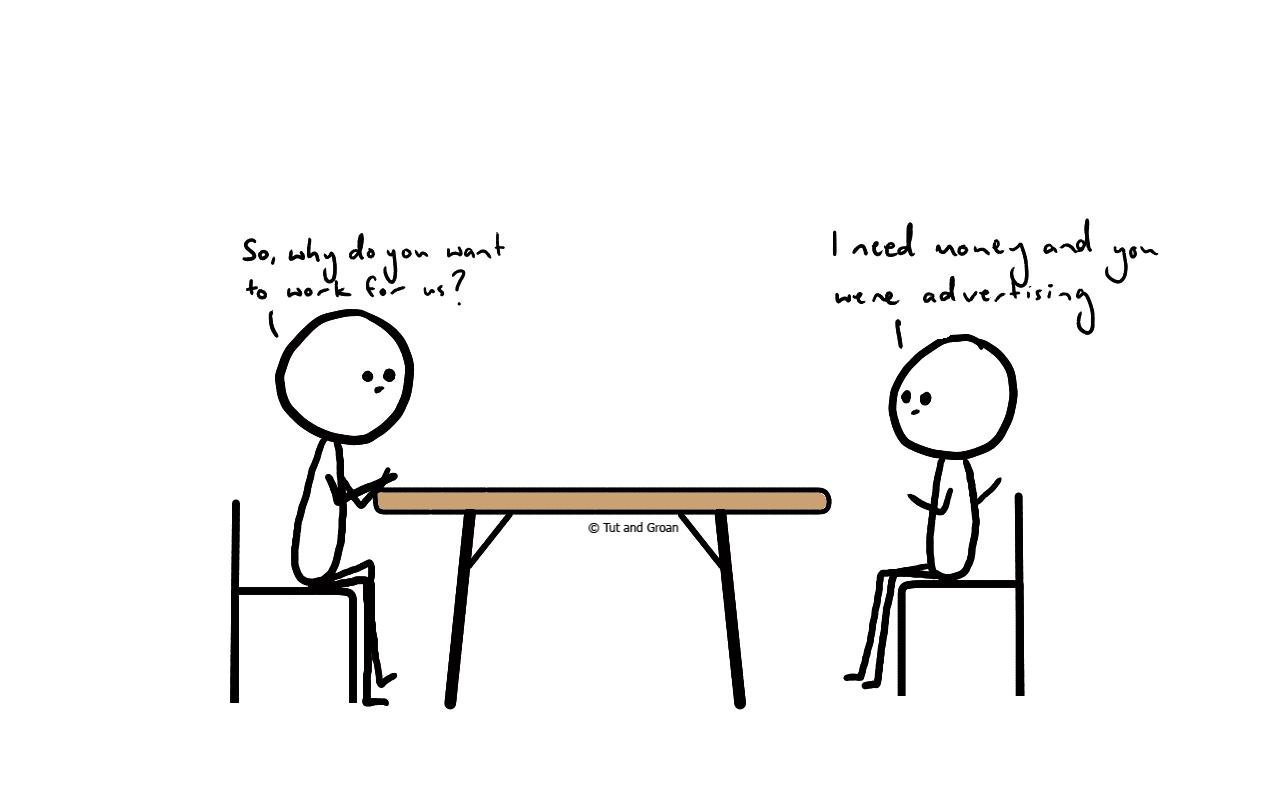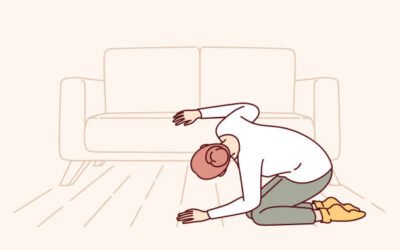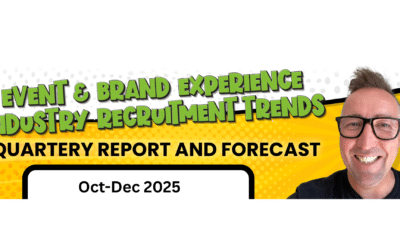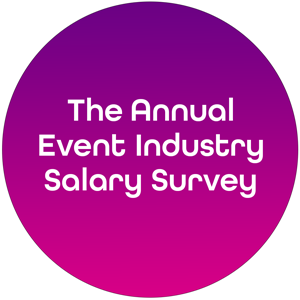Interview Insights
I want to cover interviews this month because I’m pretty sure that no-one likes conducting them. Everyone approaches an interview like a meeting: “I’ve doing an interview tomorrow at three o’clock. I’ll read the CV at lunch time, and then I’ll just head on into the interview for a chat, see if I like them and then decide…”
But these are really big decisions being made; your choices could change someone’s career path, and of course you could also damage or hugely benefit your business. Your decisions could be influenced by a number of irrelevant things; you could be hung over (it happens…) or be in the middle of a bad morning; or conversely you could have just come from a winning pitch, and everything is just amazing. With recruitment on the whole, our industry is too focused on the ‘fluffy’ parts of things; people rely on their gut instinct to make really important decisions, they employ people they get along with, or take on a person because it’s a mate of someone they already work with: “Jeff is great, so his friend must be great too…”
That’s not how you should make business critical decisions.
Pretty much no one in our industry is a trained interviewer; people might have interviewed before, and maybe even done it a few times but this doesn’t automatically make them any good at it. I find that it’s usually the more senior people who think they are great… But honestly, they aren’t any good either…
I think bad interviewing practices are linked to the fact that hardly anyone is able to give detailed feedback to unsuccessful candidates; you can’t tell them exactly why they didn’t get the job if you don’t have an idea yourself. My pet peeve is companies who tell candidates that they came a close second. An unsuccessful candidate should be entitled to know why so it’s only fair to tell them what they were missing.
If only everyone treated an interview as a pitch meeting because you’d never go into a pitch unprepared. Everyone could be much better at interviewing if they took it seriously, did a little bit of prep and had a plan.
Here are my four simple steps for interviewing:
- Consider the three key attributes you are assessing: personality and the person, experience and skills, and future growth. Then consider how important each of these are to the position, for example you may decide that this role is 60% experience and skills, 30% personality their relationships and the human touch, and 10% future growth.
- You’ve now got a weighting matrix, and you can divide your questions up according to these percentages; if you have ten questions then six would be focused on experience and skills, three on the human element and personality and one question about future growth and their career aspirations.
- Create some questions. Think about what the business needs. What do you need? What does your team need? How do you differentiate between candidates? If your job has a salary banding, how do you explain the difference between the top and lower figure? Then think about the three attributes and create questions for each one:
- Skills and education: What things do you want to know about their skills and experience? Will formal education trump three years of experience?
- Personality: What if you don’t get on with them but they would get on with the team they will be working closely with?
- Future growth: Does their future career and personal aspirations fit with the company plan and what the company can deliver? If they want to be promoted within two years, can the company enable this? This is often ignored and kicked down the road for another person to deal with.
- Create a scoring matrix and consider how each section is weighted; what do you do if someone scores really highly in skills, but low in personality; what if it’s the other way round? Consider which sections are most important to this role.
Of course, all this should have been done BEFORE the job advert was even created.
Only one person in this whole process is going to be truly happy, and that’s the person that gets the job. Think about how you would like to be treated and think about the candidates’ mental health. If you can’t comfortably tell the unsuccessful candidates why they didn’t get the job, there could be a lot of disgruntled people who could share their negative experiences with others. It’s a small industry, and people talk – this puts your brand reputation at risk.
The interview is not the end, it is the start of a relationship. If you don’t know what you are looking for, how the hell can you interview for it?
If you want to ignore me all together and listen to your gut, only listen when it says no, never yes.
…………………………………………………………………………………………………………………
About the author.
I’m Robert Kenward, Chief Talent Officer and creator of FitabilityⓇ.
I’ve been working in the recruitment, Live Events, Brand Experience, and Experiential Marketing space for over two decades. I’ve been a candidate, a client, and a recruiter.
This makes me well acquainted with the challenges you face and enables me to cover the entire talent spectrum in these sectors above £60k.
I care deeply about my work and I’m generous with my time.
Hit me up if you’d like a new perspective on solving classic hiring problems.
07710 681980
Or book directly into my diary HERE to see how I can help you attract, select and retain your next senior hire.






